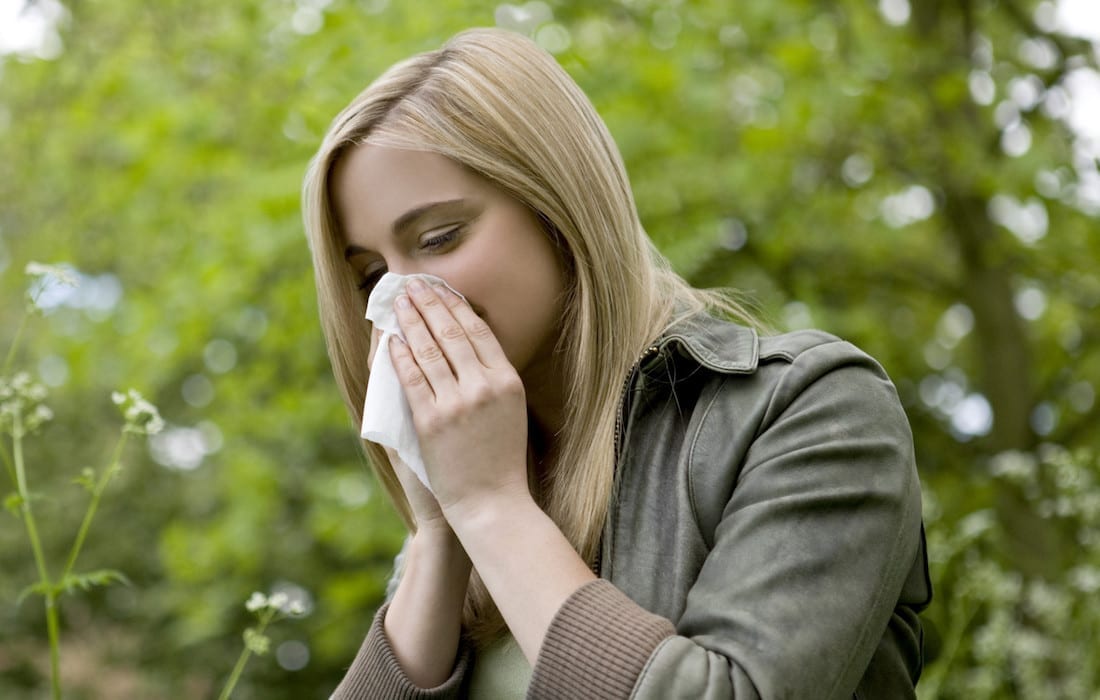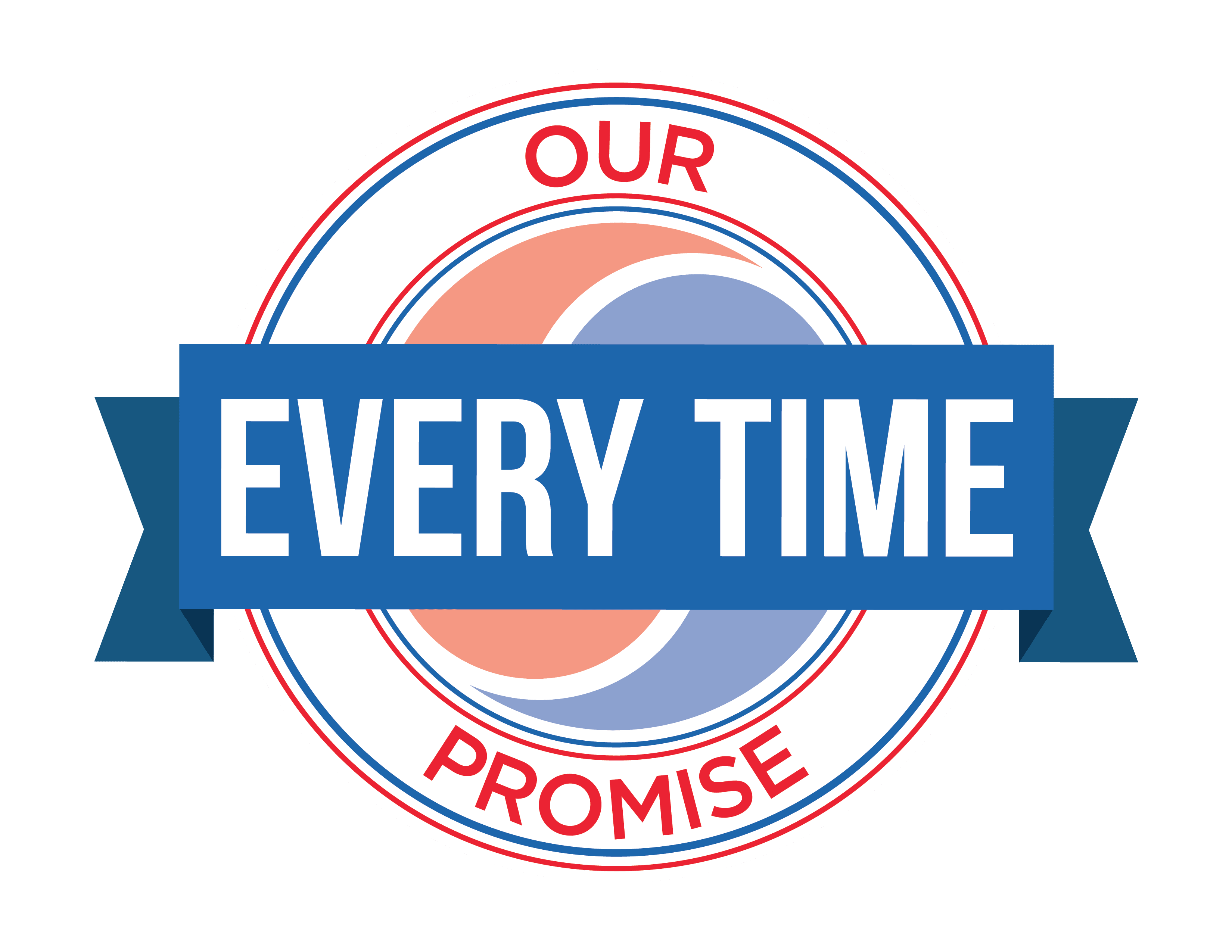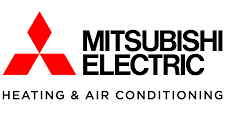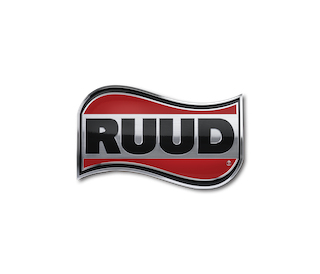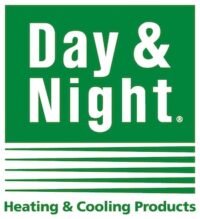It’s no secret that Central Kentucky is saturated with allergens. From pollen to ragweed, fall and spring can be miserable times for residents who suffer from allergies. You can help reduce your seasonal allergies with these tips for improving your indoor air quality.
1. Change and Upgrade Your Filter
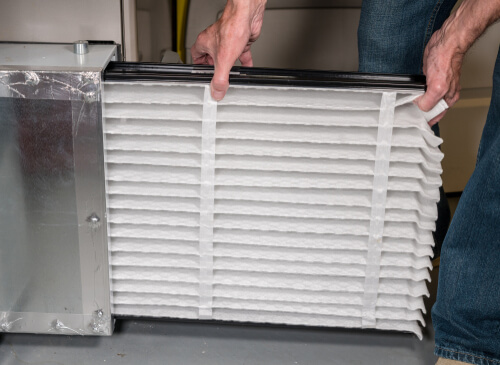
Your home’s air filter is one of the most critical pieces to achieving proper indoor air quality. To maintain a comfortable climate inside of your home, your system is constantly circulating and filtering air. In fact, every day, over one million cubic feet of air is moved through your system.
With this air comes an inevitable amount of dust, dirt, debris, and other allergens, which your filter can catch before they enter your home. A clean filter not only helps your system run efficiently and smoothly but also provides you with cleaner, healthier air.
To help your filter perform as efficiently as possible, remember to change it regularly. With any standard fiberglass filter, you should be changing your filter at least every 30 days. With a higher efficiency filter, however, you can change your filter less regularly.
In fact, some electronic air purifiers can remove up to 100 times more allergens from your home’s air than a standard fiberglass filter. Air filters vary greatly with different options for forms, materials, thickness, and other features, so be sure to ask your technician which filter is right for your system.
2. Perform Seasonal Cleaning
As you make your spring or fall cleaning to-do list, don’t forget to add your heating and cooling system as a top priority. Similar to the rest of your home, your HVAC system needs to be cleaned regularly. Once you have cleaned and changed your filter, open your vents fully and clean or remove any excess dust or dirt that has built up.
For an even better clean, schedule professional duct cleaning for your system. The ductwork for your system is an easy area for pollen, hair, pet dander, dust, dirt, and other contaminants to get trapped. While you do not need to have professional duct cleaning performed every year, it can significantly improve your indoor air quality by removing any contaminants that have inevitably built up in your home’s ducts.
3. Take Off Outdoor Clothing
Ditch the jackets, shoes, scarves, and hats at the front door to limit the spread of allergens in your home. It might even be beneficial to keep a dirty hamper by the door to ensure that your allergen-saturated clothes aren’t contaminating other components of your household.
Stopping outdoor allergens at the front door is an essential step in allergy-proofing and improving indoor air quality in your home.
4. Wash Away the Allergens
It’s common practice to jump straight into the shower after spending time outside. Most individuals’ reasoning is due to sweat and smell. However, this is also helpful for washing off allergens stuck to the body. Eyelashes, especially, tend to catch a lot of pollen—hence why eyes are always itchy during allergy season.
Additionally, wash sheets, pillowcases, and blankets in hot water (at least 130 degrees Fahrenheit) weekly to remove dust mites and pollen when allergens are at an all-time high.
5. Bathe Pets Regularly
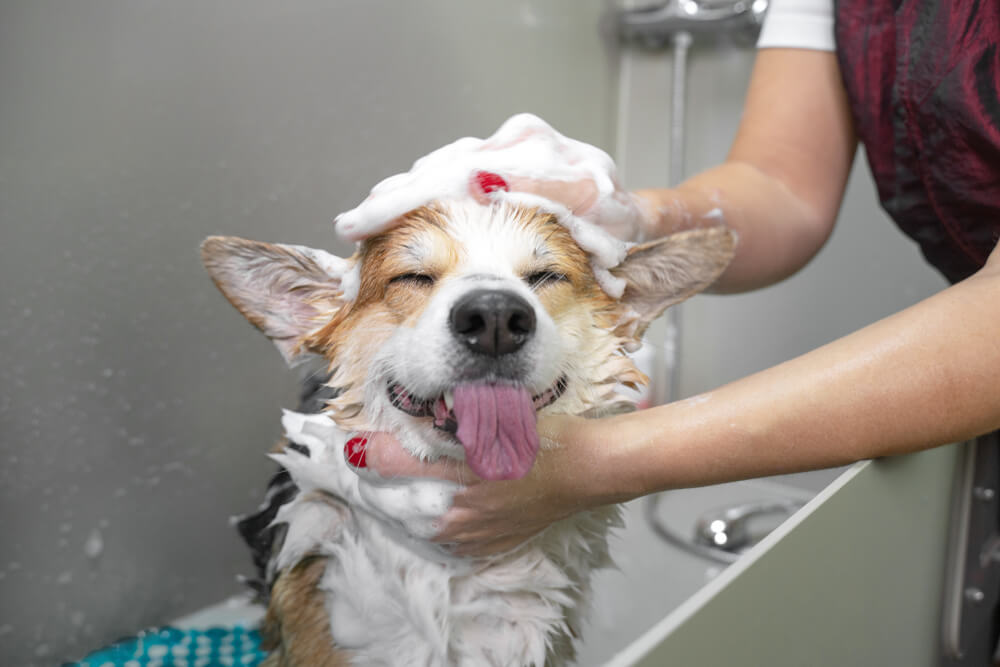
Bathing pets helps to remove dander (tiny flecks of skin shed by animals) from their fur. Dander is a common allergen that can trigger allergic reactions in sensitive individuals. By regularly bathing pets, you can decrease the amount of dander they shed into your home.
Dander isn’t the only allergen that your pet can release from their fur. Pollen, mold spores, and dust are just a few other allergens that a pet can pick up and carry on their fur. So, if your pet has spent a while outside or in a dusty environment, it’s ideal to bathe them before letting them run around in the home.
6. Consider Additional Indoor Air Quality Products
There are plenty of products that work directly with your heating and cooling system to reduce allergens. Ultraviolet germicidal lamps are a very popular option for families who are serious about controlling the contaminants in their air.
These high-intensity “H” lamps can neutralize airborne pathogens and guard against viruses, bacteria, and especially pollen. These lamps are only one example of products that can help upgrade your system. Be sure to talk to your technician about other options they may offer during your system check.
7. Schedule an HVAC System Tune-up and Safety Inspection
Your system works the hardest in the summer and winter, so spring and fall are ideal times to have it thoroughly checked. With a professional system check, you can also make sure that your system is providing the highest level of indoor air quality possible.
During a professional system check, your technician will thoroughly inspect the air ducts, filters, and registers, and recommend any additional steps or products that could help with your specific indoor air quality needs.
For more information on reducing your seasonal allergies or scheduling a system check and safety inspection, be sure to contact Fayette Heating & Air online or call us at 859-549-5753.


 Skip to content
Skip to content

